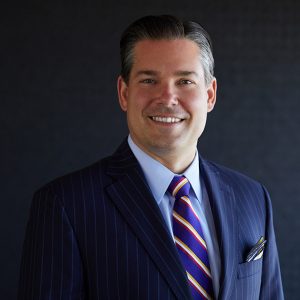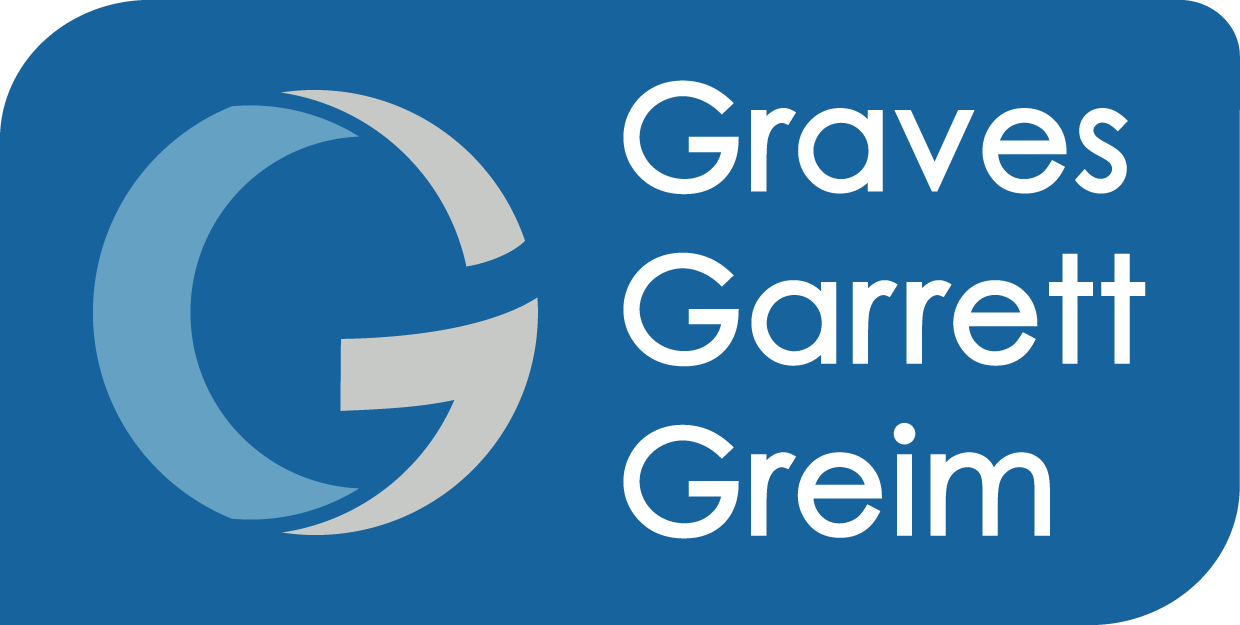Greim honored as NLJ Trailblazer for Constitutional and Election Law
Eddie Greim and the team at Graves Garrett have developed a leading free speech, election law and constitutional law practice, regularly competing for work across the country in high-profile matters that are redefining the nation’s political landscape. The firm has an extensive record of success in this highly specialized area of law.
The National Law Journal recognized Greim for his work in political law as part of its 2020 Elite Boutique Trailblazers honoree class, which highlights attorneys at small firms with successful specialty practices. Greim came to Graves Garrett in 2006 for a chance to specifically work more on political, white-collar crime and commercial litigation matters.
 “It felt like a bit of an experiment,” Greim told the NLJ. “But it immediately seemed right, and I never looked back.”
“It felt like a bit of an experiment,” Greim told the NLJ. “But it immediately seemed right, and I never looked back.”
Graves Garrett brings its complex litigation and white-collar criminal defense expertise to the growing and highly regulated field of political and election-related speech. In the area of free speech and election law, the firm represents individuals, nonprofit educational and advocacy organizations, and political committees in their struggle against increasingly burdensome and intrusive governmental restrictions on speech.
Greim leads a free speech and election law team with experience prosecuting Section 1983 civil rights actions in state and federal trial and appellate courts around the country, representing clients in state administrative proceedings and investigations and assisting and counseling clients on advancing their policy priorities by developing strategies for nationwide public interest litigation.
Specifically, Greim’s work includes:
- Numerous constitutional challenges to election and campaign finance laws.
- Representation of clients in state and federal ethics and campaign finance enforcement actions and investigations.
- Initiative petition drafting and litigation and litigation and advice regarding First Amendment protections for petition circulation.
“I’ve really enjoyed the opportunity to advance my free speech and election law practice,” Greim said. “I’m extremely proud of the work Graves Garrett does on complex political matters, and our attorneys have repeatedly shown the ability to handle even the most unique challenges.”
Perhaps most notably, Greim served as lead counsel in the country’s first class-action lawsuit to challenge the IRS for targeting conservative groups, violating the First Amendment and laws that protect taxpayer return information. He won an injunction against the IRS after a finding of a First Amendment violation, represented more than 400 groups in a certified class, and obtained a $3.5 million settlement.
Other representative matters include:
- Represented the office of the governor, then held by Eric Greitens, during an investigation conducted by the Missouri House of Representatives. This included advocacy before a special committee regarding constitutional limitations on impeachment-related hearings prior to Greitens’ resignation — legal issues unprecedented in Missouri history.
- Represented Wisconsin clients against prosecutors who attempted to investigate then-Governor Scott Walker and his supporters for alleged campaign finance violations. The Wisconsin Supreme Court rejected the state’s theory, and a later taxpayer lawsuit revealed internal communications that caused the dismantling of the state’s campaign finance regulator.
- Represented the Kansas Senate in the Kansas Supreme Court’s first-ever online argument in a case resulting from a surprise decision by Gov. Laura Kelly to revoke an exception for religious gatherings in her previous executive order imposing social distancing requirements related to the spread of COVID-19.
- The U.S. Supreme Court denied a petition for writ of certiorari, ending two years of federal litigation related to Missouri’s Amendment 2 — a sweeping overhaul of campaign finance restrictions. Greim argued on behalf of the Free and Fair Election Fund and five others in the United States Court of Appeals for the Eighth Circuit, which upheld a ruling in district court, where Greim tried the case. Both courts held that parts of Amendment 2 were unconstitutional.
- Wrote the amicus brief for the National Republican Redistricting Trust in 2019’s groundbreaking Rucho case, which held that partisan gerrymandering claims are not justiciable.
- Represented Michigan groups in the summer of 2020 who successful challenged the Michigan governor’s “one-person rule” by executive order.
